Who Qualifies For Kangaroo?
- Par Kimeng Hilton
- 25 janv. 2021 16:37
- 0 Likes
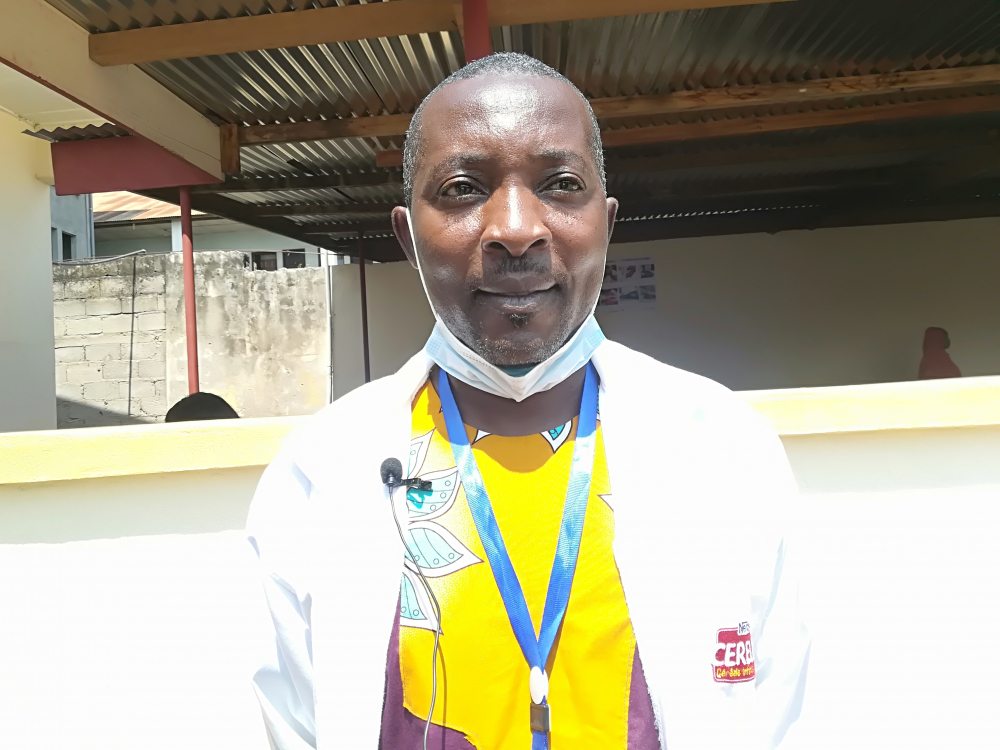
This method of caring for premature and low weight babies has demands that must be met. Else, the baby’s life will at great risk.
Dr Ntassou Jean Claude, paediatrician and Focal Point for the Kangaroo Mother Care, KMC Project in the East Region from 2018-2020, says the advantages of KMC far outweigh the use of incubators. He explains that health personnel take care of babies in incubators with the family playing no role. Thus, there is no affection link.
Incubators are expensive and require electrical energy, which is not often common in most communities, Dr Ntassou points out. “The cost of KMC to the family is virtually nothing. The hospital, through United Nations Children’s Fund, UNICEF support, provides all what is needed,” the Focal Point notes.
To be eligible for KMC care, the medic says the baby must be in stable health (not requiring oxygen or other treatments). Be born premature or with low birth weight of less than 2.5 kg. Premature or preterm babies are those born about 31 weeks, instead of the normal 40 weeks of gestation.
Also, the parents of the baby need to be convinced to accept the method. The person or people to carry the baby for kangaroo care must be mentally stable, not run fever, and not have rashes or other skin diseases that could contaminate the baby. Men also undertake kangaroo care. “Scientifically, it has been proven that men produce more warmth than women,” Dr Ntassou points out.
Coming on board KMC care also entails training of the family to breastfeed the baby. The baby is hospitalised during which the family is trained to practise KMC until they understand it before being allowed to return home. Even babies weighing only 800 grammes or 900 grammes can b...
Cet article complet est réservé aux abonnés
Déjà abonné ? Identifiez-vous >
Accédez en illimité à Cameroon Tribune Digital à partir de 26250 FCFA
Je M'abonne1 minute suffit pour vous abonner à Cameroon Tribune Digital !
- Votre numéro spécial cameroon-tribune en version numérique
- Des encarts
- Des appels d'offres exclusives
- D'avant-première (accès 24h avant la publication)
- Des éditions consultables sur tous supports (smartphone, tablettes, PC)








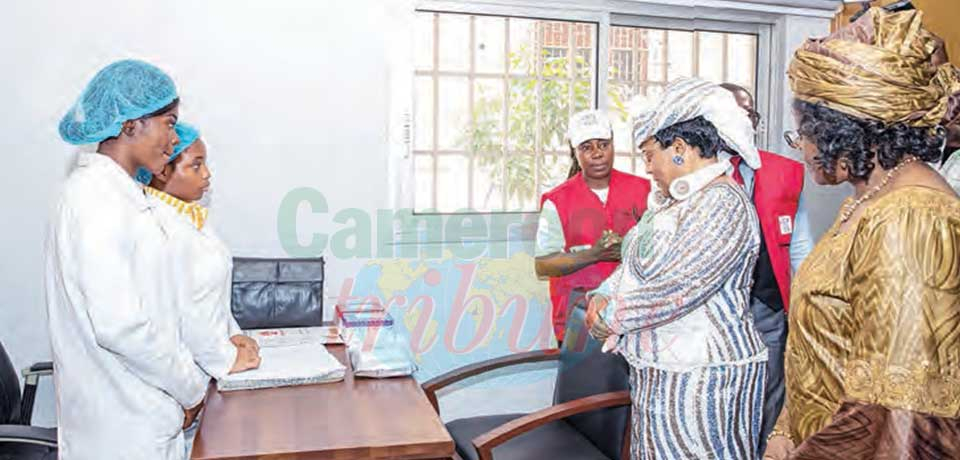
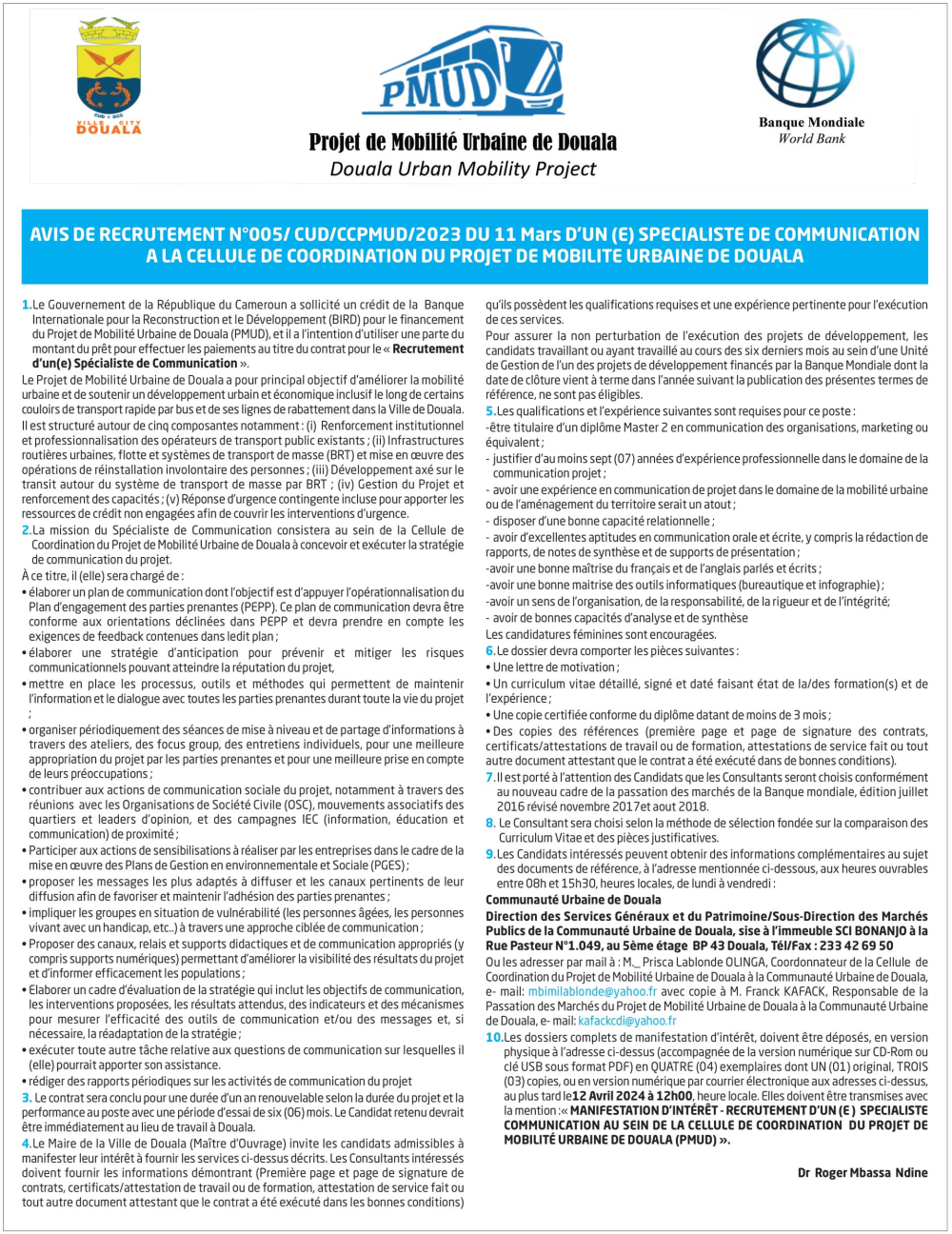
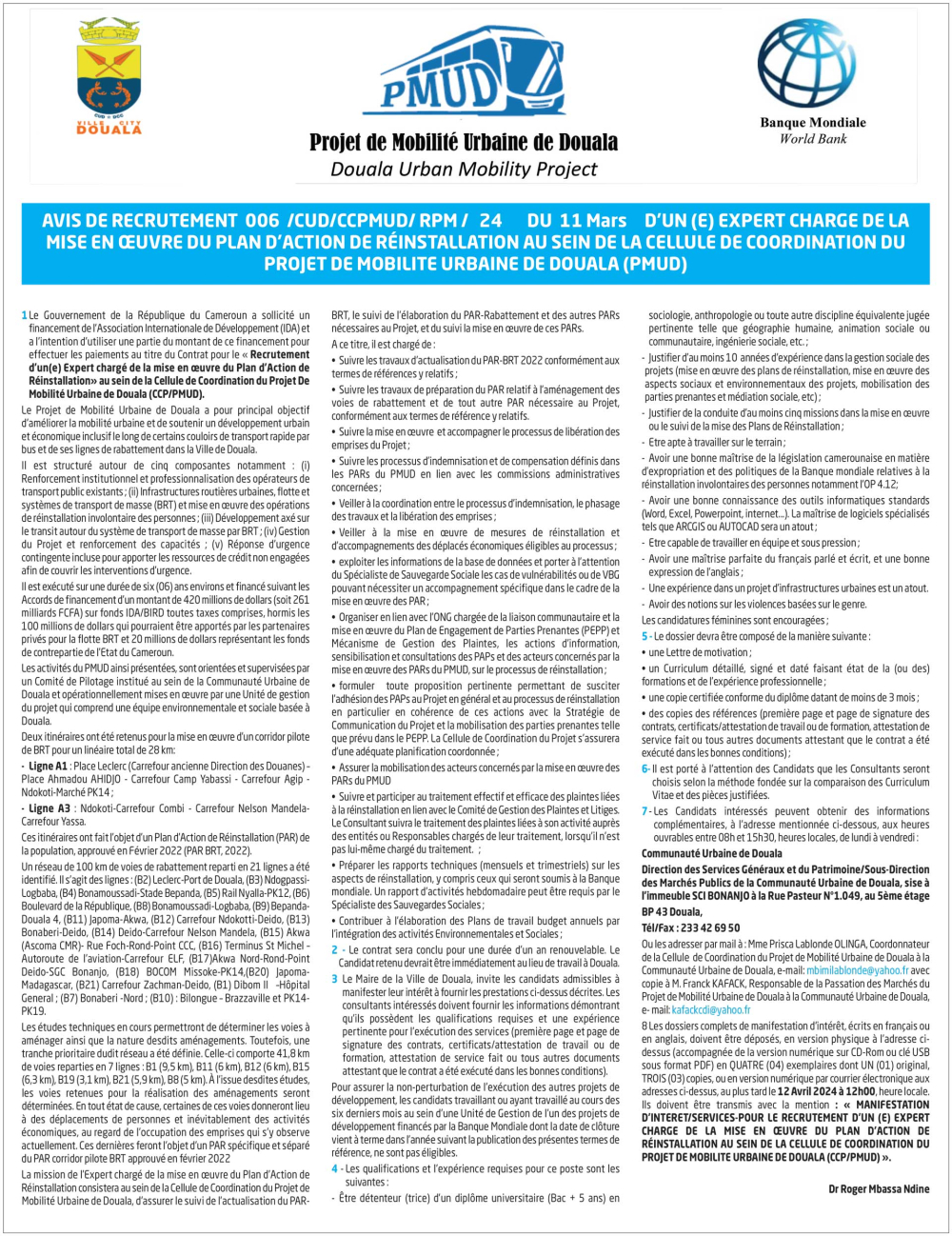
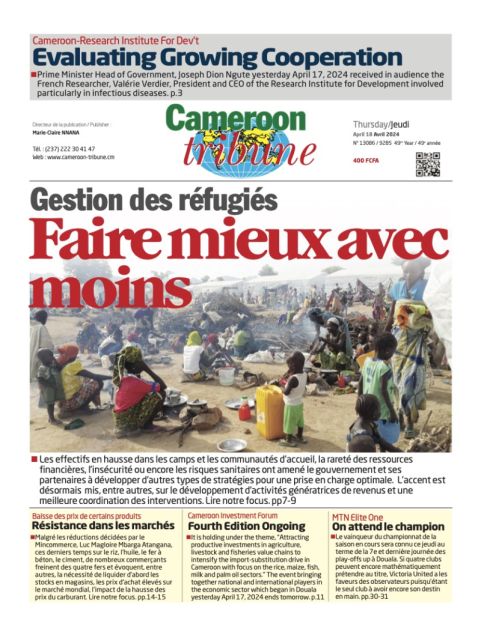




Commentaires